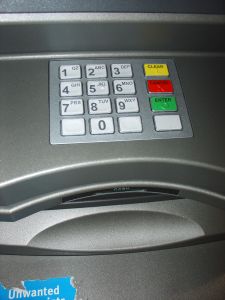Prepaid Debit Cards Truth And Lies
Prepaid debit cards are becoming increasingly popular as many Americans facing financial troubles are finding it difficult to get a regular checking account due to bounced checks and overdraft issues. But for debtors exiting bankruptcy prepaid debit cards are not the best route to normalizing their financial situation.
Here’s why:
Prepaid Debit Cards Do Not Improve Your Credit Score
There is a huge misconception with many users of prepaid debit cards that somehow information on these cards is reported to the credit bureaus. Post-bankruptcy debtors shouldn’t expect their prepaid debit card activity to show up on a credit report because these companies do not report to the credit bureaus since they are not credit cards. Prepaid debit cards are simply storage services for your money, with hefty fees attached.
Prepaid Debit Cards Are Not Better Than Bank Accounts
Prepaid debit cards are more expensive than having a bank account after you add up all of the fees. Debtors exiting bankruptcy who choose prepaid debit cards will find a fee for almost everything including checking their balance and withdrawing money. Even if you have some past issues with bounced checks and overdrafts, it is best to search for a small, lenient bank after exiting bankruptcy because it will be beneficial to your finances in the long-term.
Prepaid Debit Cards Are Not Good “Starter Credit Cards”
Once again, some post-bankruptcy debtors are being misinformed about the usefulness of prepaid debit cards. Prepaid debit cards are not a “foot in the door” to an unsecured credit card. If you are looking to rebuild your credit after bankruptcy, it’s better to apply for a secured credit card; which can often be “upgraded” to an unsecured credit card after you show a good payment history for 12 months.
